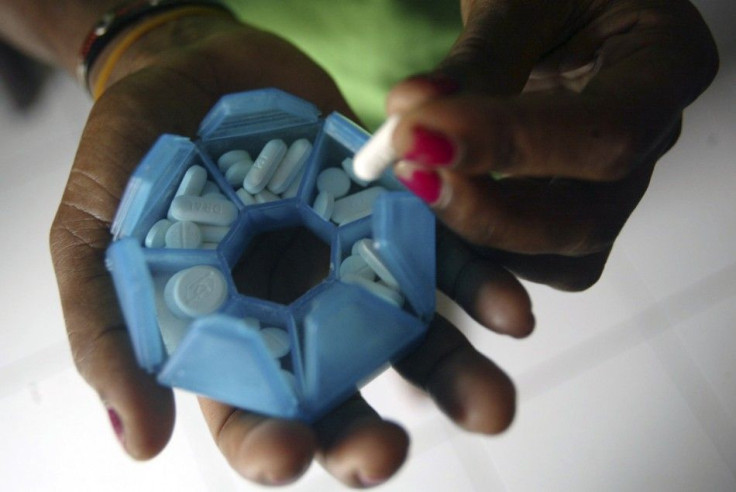For HIV, AIDS Treatment, Prevention Is the New Focus

HIV/AIDS treatment should be focused on preventing the disease's spread by administering drugs early, a prominent Canadian HIV researcher said ahead of a global HIV/AIDS conference.
Dr. Julio Montaner of Vancouver's B.C. Centre for Excellence in HIV/AIDS, said that the new approach has evolved from a testable hypothesis to an urgent implementation priority. His view is vindicated by a recent study finding that beginning treatment early can prevent HIV/AIDS positive people from infecting others by as much as 96 percent, a discovery that could reshape the landscape of HIV/AIDS treatment.
The evidence is in: treatment is prevention, Montaner wrote. Treatment dramatically prevents morbidity and mortality, HIV transmission, and tuberculosis. Furthermore, treatment prevents HIV transmission in [mother-to-child], sexual, and injection drug use settings; indeed, a very welcome double hat-trick.
Montaner will be pushing this finding at the upcoming International AIDS Society conference in Rome. In June, UNAIDS set a target of treating 15 million people by 2015 -- Montaner said that the research to support early treatment is beyond dispute, and that what is needed now is the political will to follow through.
We need political leadership to assure that 15 million by 2015 is actually delivered, Montaner said.
The revelation about early treatment also raises a thorny moral question: should doctors respect the wishes of patients not wanting to begin treatment early, knowing that the chances of those patients spreading the disease would increase? What is more important, the will of an individual patient or the broader public health implications?
I'm not going to go there, Dr. Anthony Fauci, head of the National Institute of Allergy and Infectious Diseases told the New York Times. I'm not going to say it's immoral [to allow a patient to delay treatment]. But there is more and more data showing the advantages of starting as early as you can.
Recent findings have also reshaped understanding about who is most vulnerable to HIV/AIDS. A new study showed that in America, the disease is most prevalent in the South, where poverty rates tend to be higher. That contradicts a deeply embedded cultural assumption that gay men are the predominant sufferers.
© Copyright IBTimes 2024. All rights reserved.




















